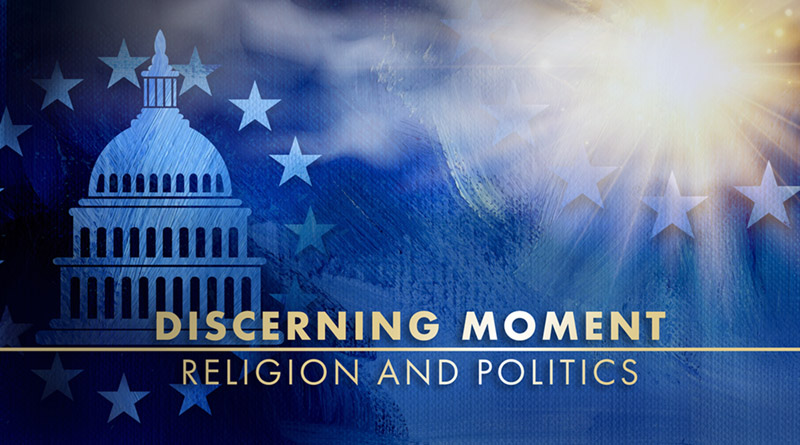“Probably at the time of the adoption of the Constitution, and of the First Amendment to it, the general, if not universal sentiment in America was that Christianity ought to receive encouragement from the state.”
Joseph Story, Commentaries on the Constitution, 1833, commenting on the First Amendment
After deciding in 1847 that there had to be a “high and impregnable” “wall of separation between church and state,” the Supreme Court then had to explain what those seven words actually meant.
Case after case came before the court as secularists, now able to complain about state actions as well as the actions of Congress, said that things such as posting a copy of the Ten Commandments on a courtroom wall or reading a Bible verse to public school students somehow established Christianity as the official religion of the United States, which the First Amendment was designed to prevent.
Others began to discriminate against Christians in the workplace and deny requests for public prayer or even allow a coach to pray alone on a football field.
Since 1947, the Supreme Court has decided hundreds of cases concerning religion and whether “the wall” was violated. What have they said; what have been the results?
Teach the Children:
- America was once considered a Christian nation, recognized even by a Supreme Court justice. Christian symbols (crosses, etc) and influences were commonly encountered in daily American life; organized prayer was a common occurrence, even in public schools.
- Some Americans who “knew not God”(see Judges 2:10), objected to these Christian influences and complained that allowing them to continue made Christianity the nation’s official religion, which the First Amendment prohibits, for any religion.
- The Supreme Court has had to decide how the “wall of separation” idea they borrowed from President Thomas Jefferson should be applied to many different situations. For instance, should a judge be allowed to hang a copy of the Ten Commandments on his courtroom wall?
1 Samuel 2:30: “…those who honor me I will honor, and those who despise me shall be lightly esteemed.”

